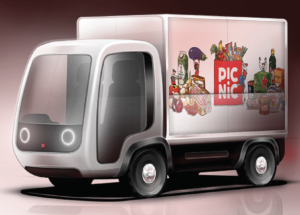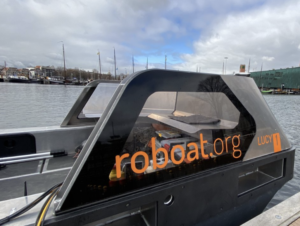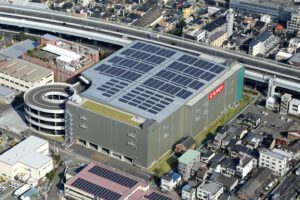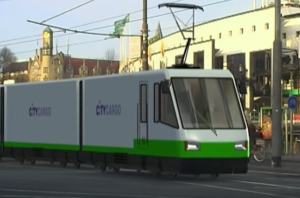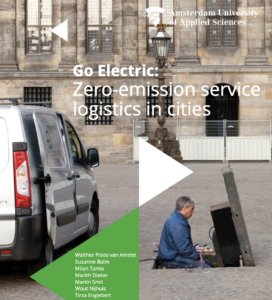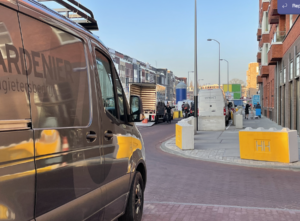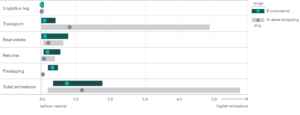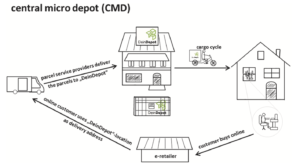Research: the sustainability of Belgian collection and delivery point networks
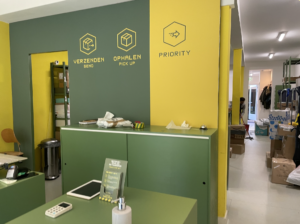
The increase in at-home deliveries of online ordered goods has led to a rise in urban logistics facilities. One such facility, in particular, the collection and delivery point (CDP), is an increasingly popular delivery option amongst carriers and holds the promise of more sustainable e-commerce logistics.

